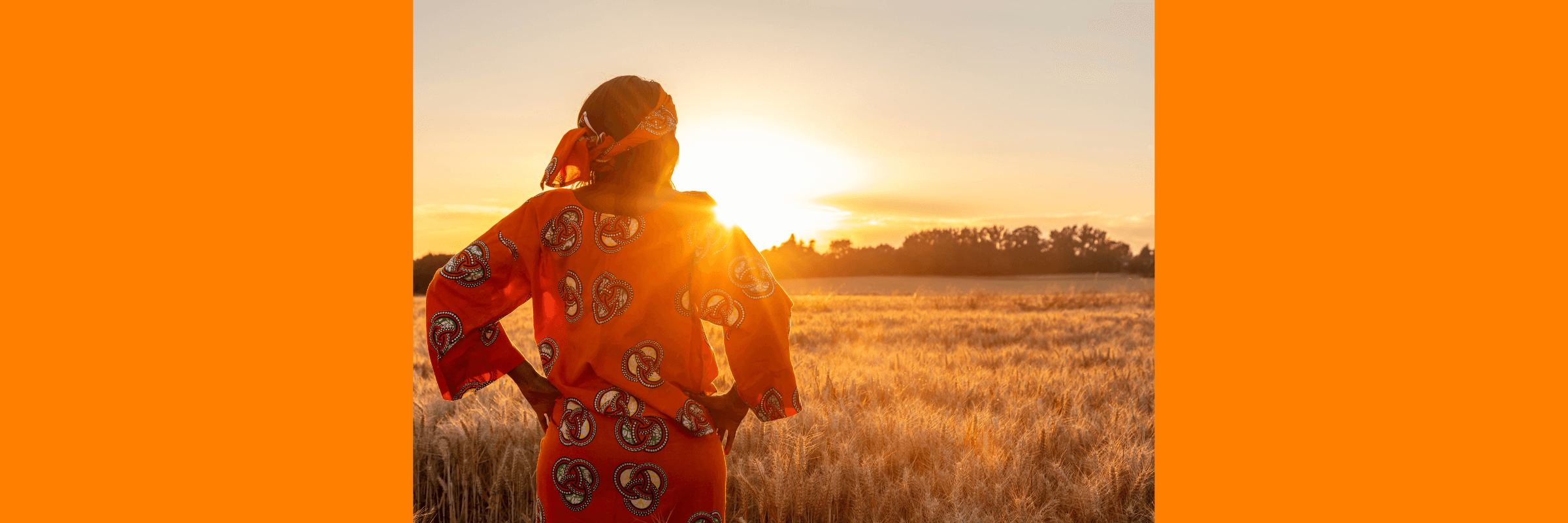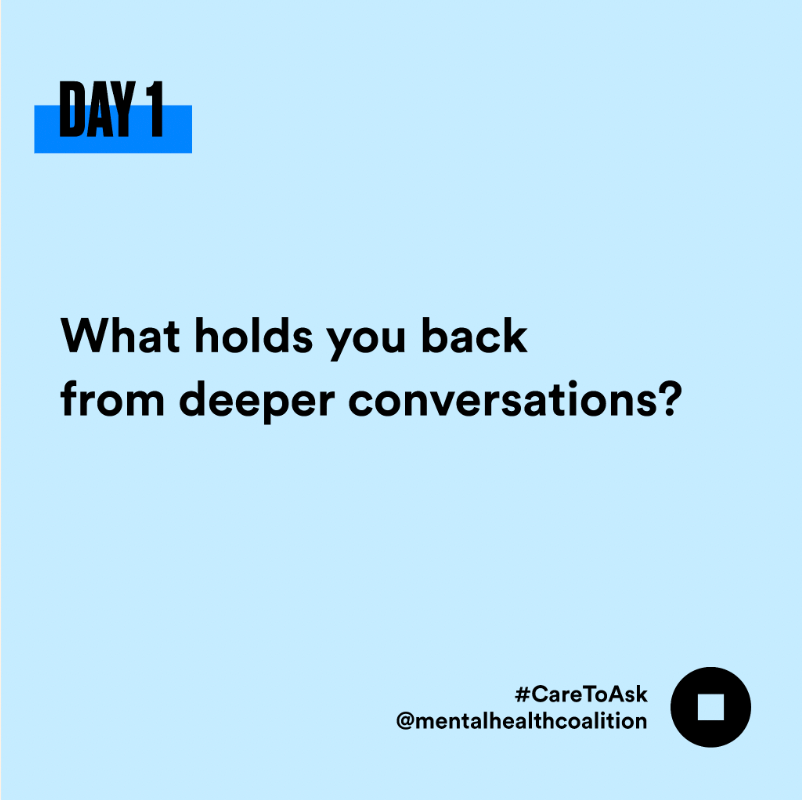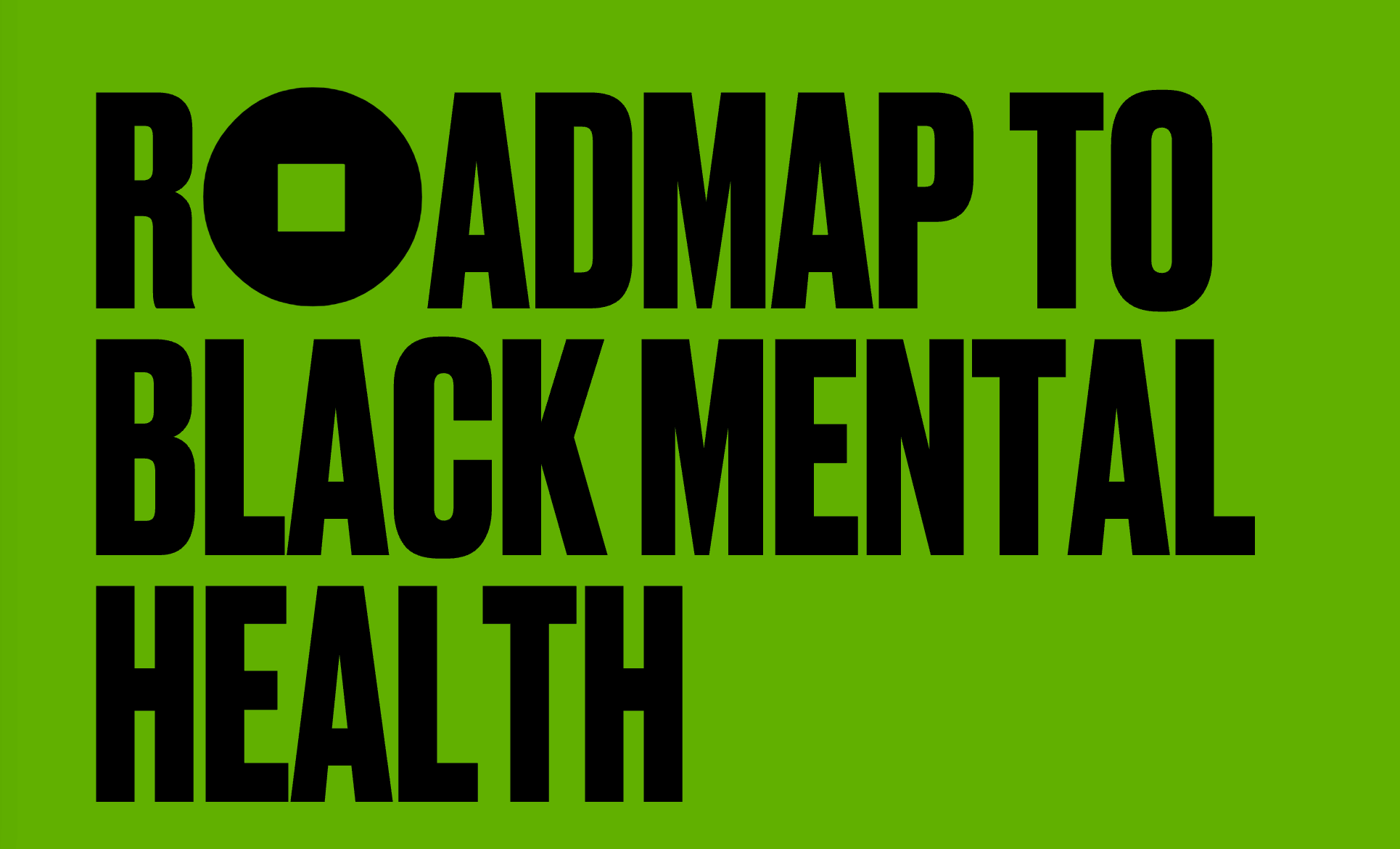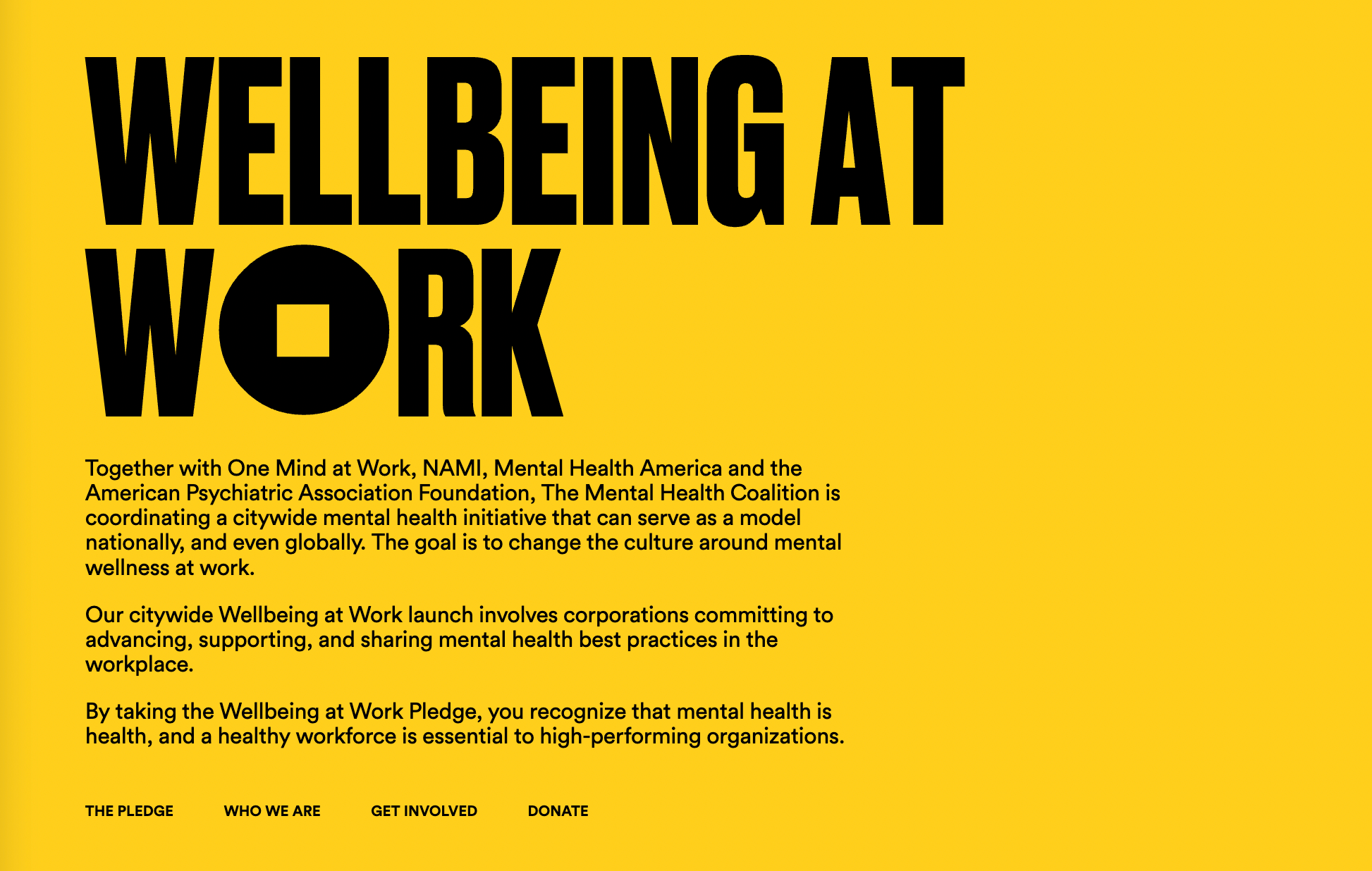
How to Support & Advocate for Indigenous Mental Health
It’s BIPOC Mental Health Awareness Month, so throughout the next few weeks, we’re going to shine a spotlight on how to advocate for healing and social justice for specific communities of color. Learn more about BIPOC mental health and view all of our BIPOC community guides here.
Here we have some tips for Indigenous folks to care for their mental health, and for non-Indigenous people to increase their awareness and learn how to be an effective ally.
Learn About… Systemic Racism & Colonization
Many members of Indigenous communities face discrimination, erasure of history, and generational trauma. All of these unique factors directly impact Indigenous mental health. (DBSA) The colonization of the United States has directly targeted and impacted Indigenous communities. The United States was founded on land stolen from Indigenous people while committing mass genocide. The U.S. is responsible for disrupting Indigenous families and sending the majority of Indigenous children to boarding schools, and/or separating them from their families through adoption or removal. (Approximately 25%-50% of all American Indian children had been removed to foster care or boarding schools by the 1940s (Abourezk, 1978). These colonial practices have disrupted the loving and nourishing teachings from our ancestors, and as our healing practices were illegal until 1978, this has led to an inability to heal properly.
Today, Indigenous people are underrepresented in the mental health field. There is a lack of mental health providers for Indigenous people and a lack of research aimed at fully understanding the state of mental health in Indigenous communities. (NCMW)
Foster… Mental Wellbeing
For Indigenous folks, think about the ways that your ancestors have been strong and resilient to combat the colonialism that was inflicted upon them. Their love for the seven generations forward drove them to carry on in the face of massive hardships. Their love and strength for us, today, kept our cultures alive. Some Indigenous peoples may have suffered from the colonialism impacting Indigenous communities, which may have impacted your mental wellbeing. However, when faced with prejudice and discrimination, remember to get back in touch with this ancestral love and care and the strength to carry on. Remember your ancestral instructions, language, ways of healing. If they were stolen from you, remember that you can revitalize and recreate these practices with those from your community. This could be an activity (such as learning your language, attending Indigenous cultural events, learning your stories, etc.) that grounds you or one that brings you closer to your culture. Remember our ancestors persevered so that we could be alive today. Thus, we also each hold a responsibility to help create a future for the seven generations forward. Their love flows through us forward. It’s up to us to reconnect to this love for ourselves and the future generations.
For folks who are not Indigenous, spread awareness about the lack of mental health support for the Indigenous community as well as factors that directly impact the mental wellbeing of Indigenous people (e.g., generational trauma, stereotypes, erasure of identity and culture).
Celebrate… Spirituality & Connection to Ancestors
There are many Indigenous cultures with their own traditions, spiritual practices, strong ties to nature, and deep connections to their ancestors. If you are Indigenous, celebrating Indigenous culture can be empowering and bolster mental wellbeing. (Active Minds)
For those who are not Indigenous, do the work to unlearn biases you hold about Indigenous people by expanding your knowledge of Indigenous culture and practices. Recognize what misinformation you’ve had and the gaps in knowledge you need to fill. When you know more you can effectively advocate for policy changes that affect Indigenous people (i.e. reparations and conservation of sacred land).
Embrace… Traditions and History
For Indigenous people, set aside time to surround yourself in the history, traditions, and spiritual practices of your culture. Sharing Indigenous history and traditions with others within your community can be a source of pride and unity.
For people who are not members of the Indigenous community, think about ways to amplify Indigenous voices. Advocate for the return of Indigenous land and the teaching of Indigenous history and culture.
Share Resources & Take Action
- Center for Native American Youth
- NAMI: Indigenous
- Native American Counseling and Healing Collective
- Strong Hearts Native Helpline
- We R Native Crisis Text Line
Guide created by MHC’s Research Team: Khyia Ward, Anna-Marie Fennell, Dr. Naomi Torres-Mackie
Guide reviewed by Dr. Michelle Johnson-Jennings, Indigenous Wellness Research Institute (IWRI)


